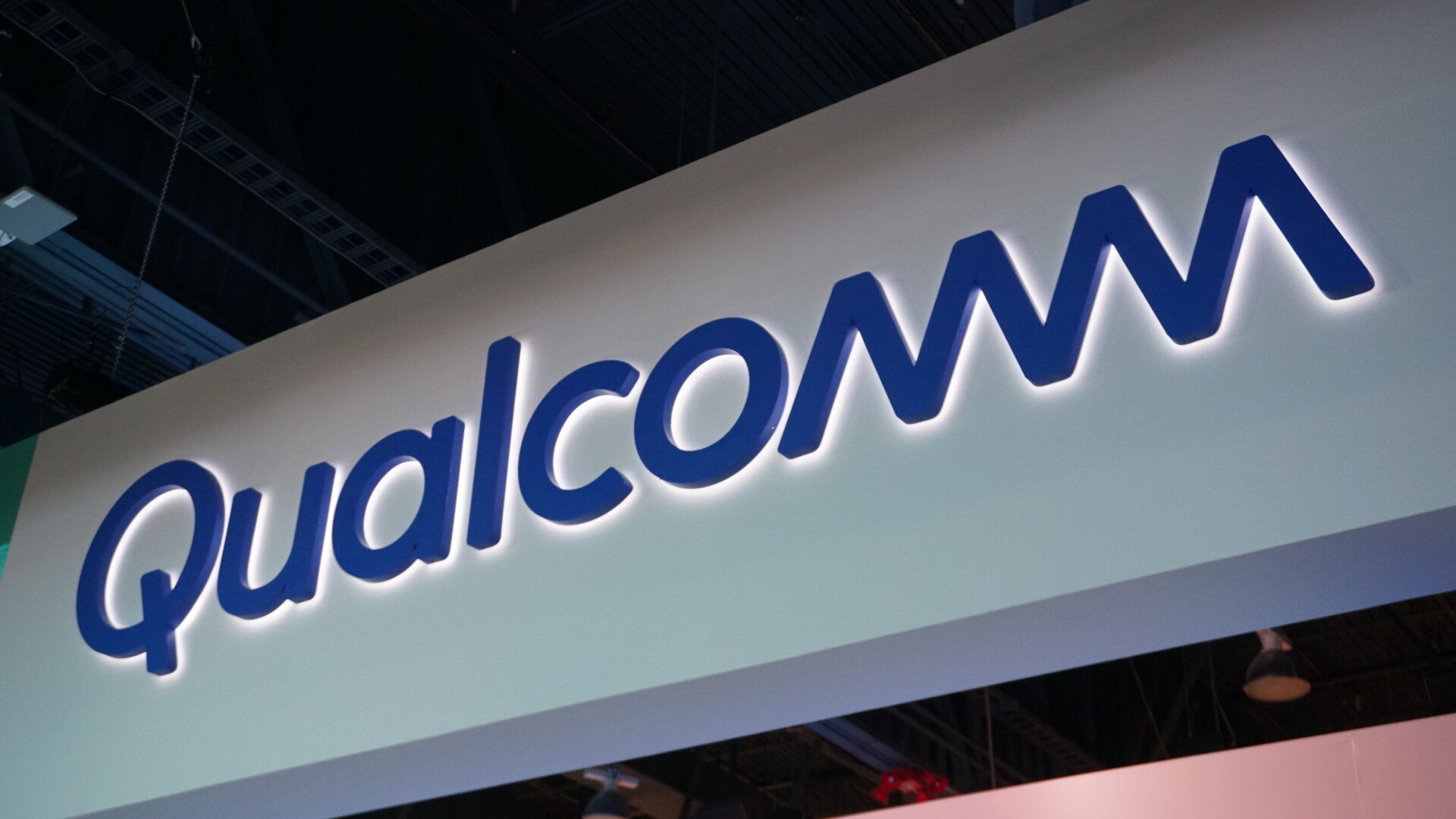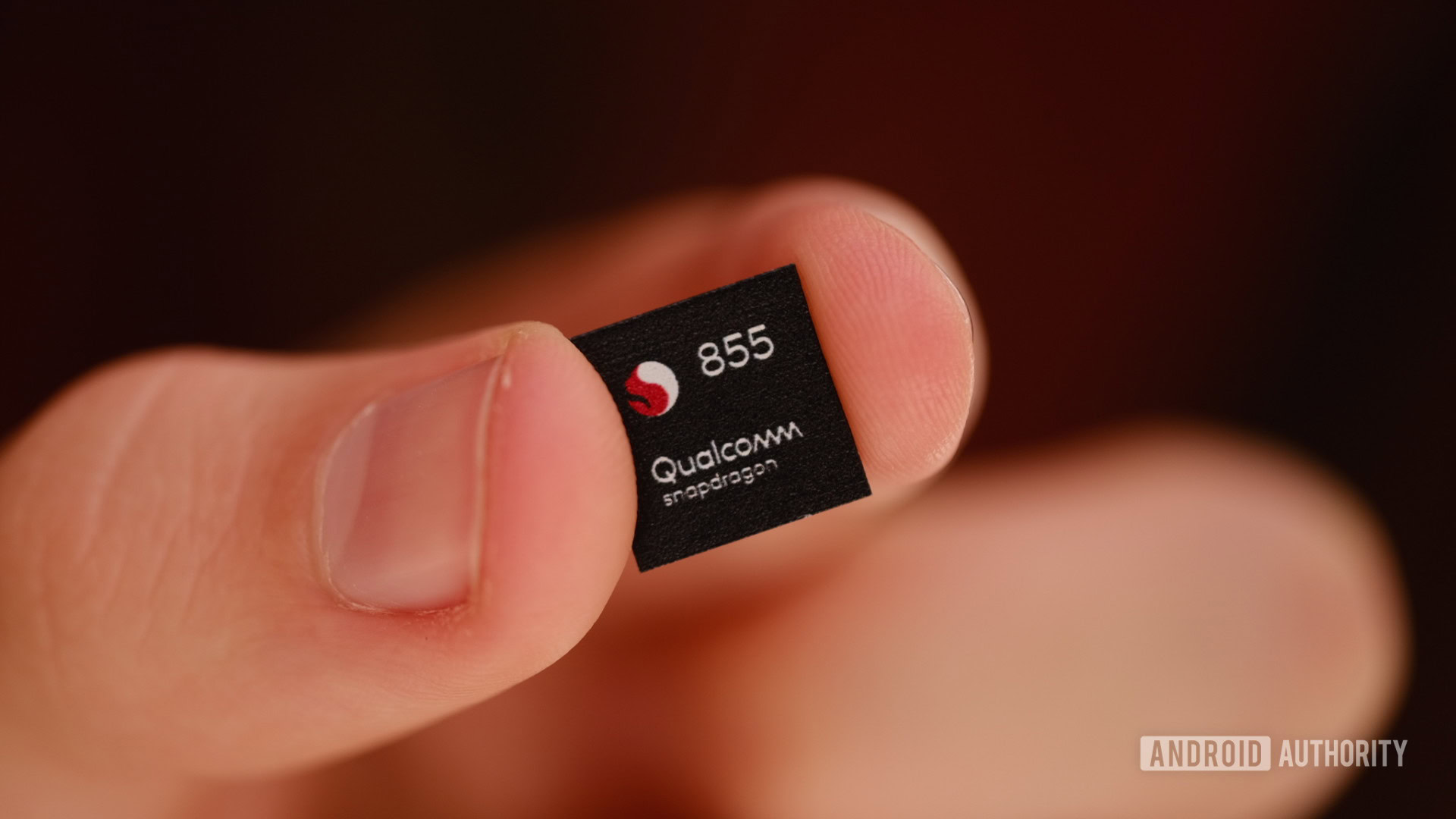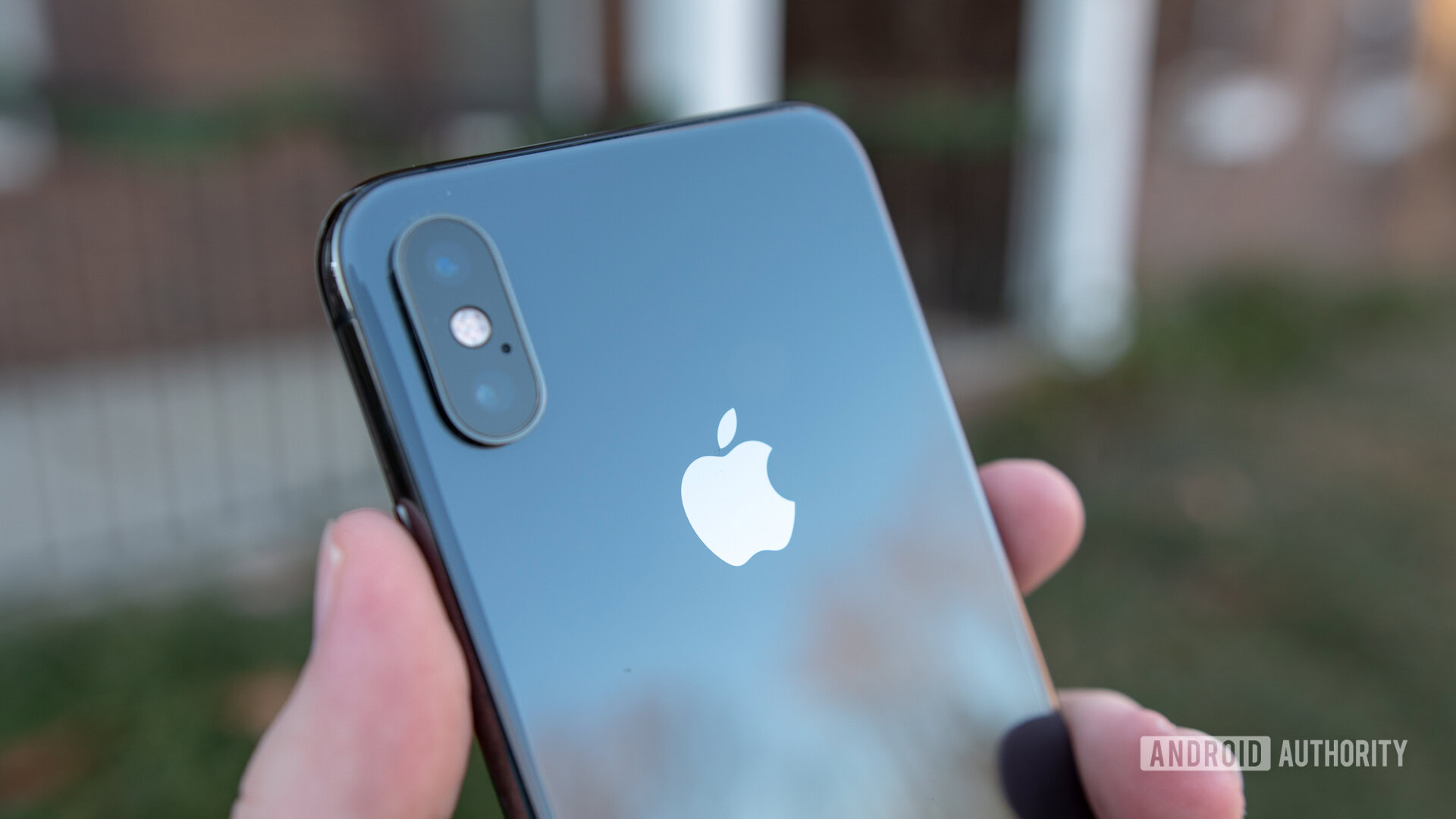Affiliate links on Android Authority may earn us a commission. Learn more.
Qualcomm violated antitrust laws with patent licensing practices, US judge rules

- Qualcomm violated antitrust laws with its patent licensing deals, a U.S. judge ruled.
- The judge called for Qualcomm to strike new patent deals without the terms in question.
- The ruling comes a month after Apple and Qualcomm decided to end all litigation against each other.
A U.S. federal judge has reportedly ruled that Qualcomm violated antitrust laws with its patent licensing practices.
According to the New York Times (paywall), the decision by Judge Lucy Koh marks a victory for the Federal Trade Commission (FTC). The commission sued Qualcomm in 2017 for charging “onerous” fees to use its patents.
Koh has ruled that the U.S. chipmaker must strike new patent licensing deals without the offending terms. Furthermore, she ruled that the company must be monitored by the FTC for seven years.
Read: Sony Mobile will be dropping (or reducing) operations in these markets
The judge noted that “Qualcomm’s licensing practices have strangled competition” in the cellular modem sector. The company is one of the most prominent players in the space, alongside Intel, Huawei, MediaTek, and Samsung.
The chip company has reacted to the verdict, noting it “strongly disagrees” with the ruling. Qualcomm added that it would immediately seek to stay the district court’s judgement and obtain an expedited appeal.

“We strongly disagree with the judge’s conclusions, her interpretation of the facts, and her application of the law,” said Qualcomm general counsel and executive vice president Don Rosenberg.
The FTC noted several reasons for a case against Qualcomm in its 2017 complaint. Some of the reasons in the complaint include the firm apparently refusing to license standard-essential patents to competitors, and a so-called “no license-no chips” policy.

The latter policy allegedly saw the firm withhold baseband chips unless customers licensed standard-essential patents on its terms. The commission added that there were “elevated royalties” for customers when using rival processors.
The news also comes just over a month after Qualcomm and Apple agreed to drop all litigation and signed a new chipset deal.
What do you think of the ruling? Sound off in the comments!
NEXT: EE kicks off 5G party in UK next week, but HUAWEI wasn’t invited